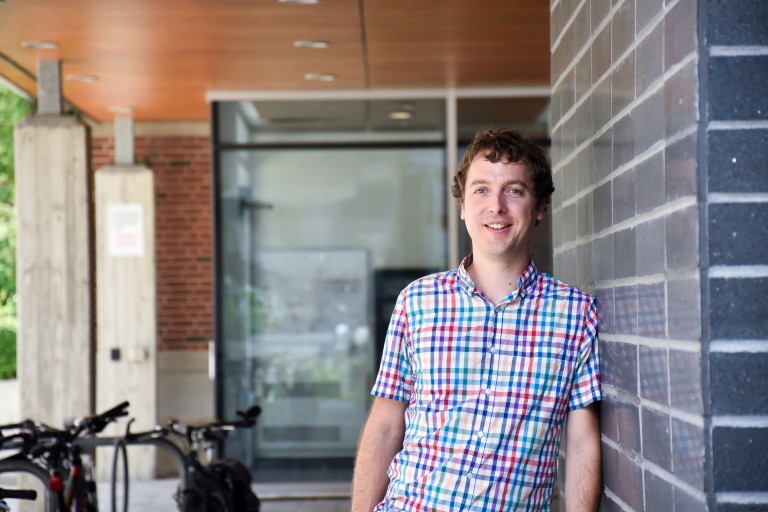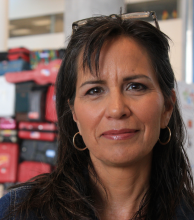
The University of Guelph will receive $3.4 million through two new Canada Research Chairs (CRC) and renewal of three others.
This funding is part of federal support for 186 chairs that have been established or renewed at 48 institutions across Canada, an investment of $158.7 million.
Engineering professor Graham Taylor will receive a new Tier 2 chair in Machine Learning Systems, and Prof. Kim Anderson, Department of Family Relations and Applied Nutrition, will hold a new Tier 2 chair in Indigenous Relationships.
Existing chairs were renewed for Prof. Kari Dunfield, School of Environmental Sciences; Prof. Aaron Berg, Department of Geography; and Prof. Monique Deveaux, Department of Philosophy.
Tier 2 chairs are for potential world leaders in their fields and are worth $100,000 a year over five years.
“From agri-food and social justice to machine learning and Indigenous relations, our chairholders demonstrate the breadth and depth of research expertise at the University of Guelph,” said Malcolm Campbell, vice-president (research). “Their diverse interests all point toward a common purpose: to improve life in Canada and beyond.”
Strengthening relationships through Indigenous ways of knowing is the purpose of Anderson’s studies.
She plans to introduce language training and land-based activities as a way of “Indigenizing the campus.” Among those activities, she will establish food and medicine gardens, create ceremonial sites for an Indigenous masculinity project, and organize activities involving food and music in teaching kitchen spaces.
These projects will involve both Indigenous and non-Indigenous people. “I hope these multiple spaces will allow people to learn and participate in Indigenous knowledge and Indigenous knowledge production,” says Anderson, who is Cree-Métis and who joined U of G in early 2017.

She will also look at women’s leadership models in Canada, and at Indigenous people and campus engagement in Ecuador.
An expert in deep learning, Taylor aims to build machine learning systems that think and learn more as humans do. He also plans to widen the application of machine learning systems and improve computing for scientists and practitioners in the field.
Taylor belongs to the Vector Institute for Artificial Intelligence (AI) based in Toronto and is academic director of NextAI, a Toronto accelerator for AI-enabled ventures.
Last month, he was named a visiting faculty member with Google’s team of AI researchers in Montreal.
He’s studying machine learning techniques used by AI systems in everything from Google Maps on your smartphone to smart tractors in the farm field.
Renewed in today’s announcement are three existing chairs at U of G:
Kari Dunfield, Tier 2 chair in Environmental Microbiology of Agro-ecosystems: effects of human activity on soil health and ecosystem functions.
Aaron Berg, Tier 2 chair in Hydrology and Remote Sensing: studies of farmland soil moisture to help monitor crop yields, model weather and climate, and predict floods.
Monique Deveaux, Tier 1 chair in Ethics and Global Social Change: effects of social and economic structures on groups, including vulnerable workers.